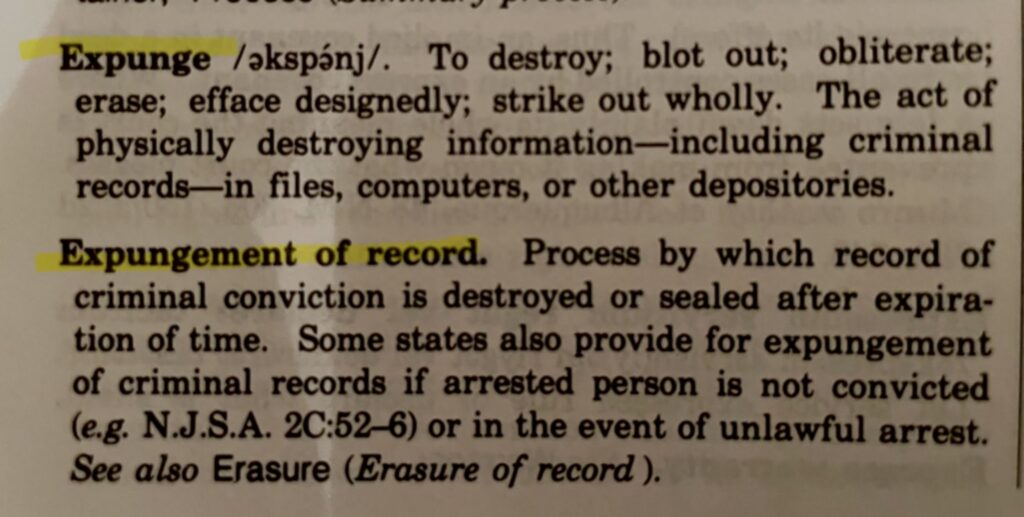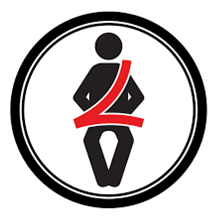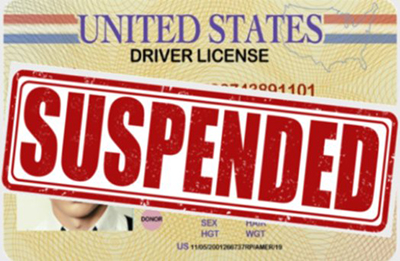Expunction Laws in North Carolina over the Years
Thursday, February 1st, 2024
Over the last 25 years, there have been many changes to the expunction or expungement laws in North Carolina. Laws constantly change, and it is crucial to consult the latest legal resources, or seek advice from a legal professional, to get the most up-to-date information. The following is a general overview of how expunction laws have typically worked in North Carolina.
Expunction or expungement in North Carolina refers to the process of sealing or erasing a person’s criminal record under certain circumstances. The eligibility and criteria for expunction can vary based on the nature of the criminal charges, whether the person was convicted, and other factors.
Here is a general breakdown of how the laws regarding expunction in North Carolina have typically worked:
Expunction for Dismissed Charges:
1. Expunction for Dismissed Charges: Individuals who have charges that were dismissed, acquitted, or where they were found not guilty are now eligible for expunction.
3. In North Carolina, it used to be that an individual may generally only be eligible for a one-time expunction for dismissed charges. However today, 2024, individuals can have an unlimited number of charges for which they were acquitted expunged.
Expunction for Convictions:
1. Certain Nonviolent Misdemeanors: Some low-level misdemeanors may be eligible for expunction after a waiting period, provided the individual meets certain criteria.
2. First-time Nonviolent Felony: For certain nonviolent felonies, individuals may be eligible for expunction if it is their first felony conviction, and they have completed their sentence and met other specified requirements.
3. Age Restrictions: Some expunctions may have age restrictions, especially for offenses committed by individuals under a certain age.
Changes Over Time:
Laws regarding expunction can change through legislative actions. Changes might include adjustments to waiting periods, expanding eligibility criteria, or introducing new types of expunctions. Additionally, the legal landscape may be influenced by court decisions.
Consult a Legal Professional:
For the most accurate and up-to-date information on expunction laws in North Carolina, it is essential to consult legal professionals, such as attorneys specializing in criminal law or organizations that provide legal assistance.
Always be sure to check with the North Carolina General Assembly or legal databases for the latest statutes and amendments related to expunction laws in the state.
If you would like a confidential consultation about trying to get some charges expunged in Brunswick County, New Hanover County, or Pender County in North Carolina, in which the county seats are Bolivia, Wilmington, and Burgaw, call Collins Law Firm for a confidential consultation and 910-793-9000.









 Job security is always an aspect to consider when choosing a job or career path, especially with a sloping economy. Economists are predicting that over the next fifteen years certain jobs in the medical field such as nurses and nursing assistants will become in short supply, which will increase the demand for such jobs. There are many different certifications and licenses you may receive within this targeted medical field such as becoming a registered nurse, a certified nursing assistant, a licensed practical nurse, along with many more. Persons in the health care field have a very emotional job as they work with those who are sick and ill. As they work with those, who many times cannot take care of themselves, sometimes questions and allegations arise as they help others’ loved ones.
Job security is always an aspect to consider when choosing a job or career path, especially with a sloping economy. Economists are predicting that over the next fifteen years certain jobs in the medical field such as nurses and nursing assistants will become in short supply, which will increase the demand for such jobs. There are many different certifications and licenses you may receive within this targeted medical field such as becoming a registered nurse, a certified nursing assistant, a licensed practical nurse, along with many more. Persons in the health care field have a very emotional job as they work with those who are sick and ill. As they work with those, who many times cannot take care of themselves, sometimes questions and allegations arise as they help others’ loved ones.